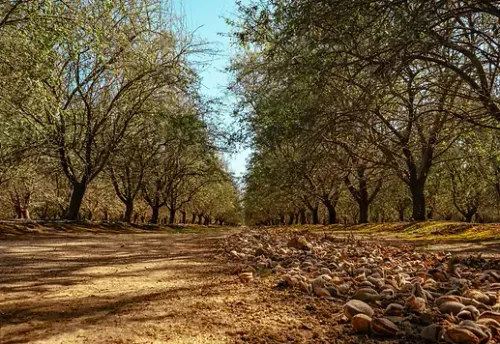Cupertino, California-based Aemetis is far along in a process to raise roughly $500m for its Riverbank sustainable aviation fuel (SAF) facility – the largest of several capital raises the company is pursuing, CEO Eric McAfee said today.
The financing for the Riverbank facility, which just received final permitting authorizations, is expected to include preferred equity as well as senior secured debt financing, he added.
“We are well into a process of project financing,” McAfee said, a process delayed by the permit hindrances, in what will amount to a package in the “half a billion range.”
Shares for publicly-listed Aemetis traded today at $3.26 and a $129m market cap.
For the Riverbank project, Aemetis has already signed a deal for 20-year senior debt financing under the USDA Biorefinery Assistance Program, he said.
“But we have multiple opportunities in senior secured debt and we’ve got a very active customer base among airlines, many of whom have already funded into funds that are dedicated to the growth of SAF production,” he said.
He noted that airlines as well as manufacturers of widebody jets have all joined together to provide mezzanine or equity financing to support SAF. “And we have active discussions with the largest of those investors,” he said.
The company has signed $3.8bn of final binding supply agreements with 10 airlines and a $3.2bn renewable diesel supply contract with the National Travel Stop Company, executives said on the call. In its five-year plan, Aemetis estimates the Riverbank facility will generate revenue of $672m with adjusted EBITDA of $195m in 2027 from the 90 million gallon plant.
Aemetis also expects to close on $75m of financing for biogas projects, and is also also raising a “little bit” of carbon sequestration financing, McAfee said.
The company generated LCFS credits from its biogas operations for the first time in Q124,
“In addition to the sale of renewable natural gas as a fuel and the sale of federal D3 RINs, this new LCFS credit revenue stream will only increase as we build new digesters and as the California Resources Board approves the lower carbon intensity values that we have already demonstrated in actual operations ,” Andy Foster, president of North America said.
Though there have been delays in updating the California LCFS regulations for 2024, Foster noted that the California Air Resources Board’s model estimates the regulatory changes will raise the price of LCFS credits to more than $220 per credit in the next two years. The price of the credit has recovered from recent lows and is trading around $67 currently.
“There clearly was a realization that the LCFS credit overhang in the market was causing a serious deterioration in the ability for companies like us to make return on investment and further invest in programs, but also to encourage new investment in the entire renewable sector,” Foster said of the rule changes.





